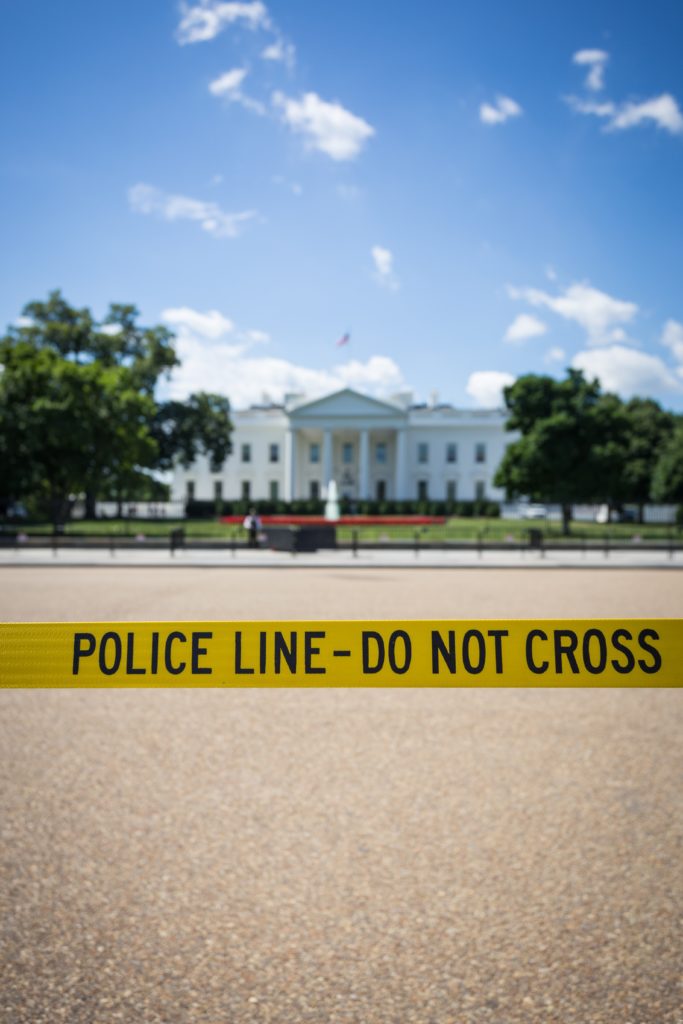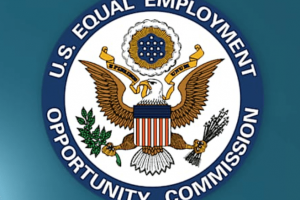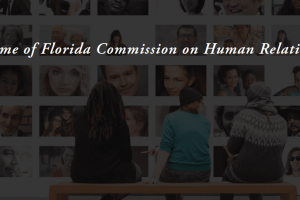In recent news, the word “whistleblower” is making headlines across the world. It is an important topic, especially when it concerns labor and employment law.
So, what exactly, is a “whistleblower?”
A whistleblower is an employee who: “… alleges wrongdoing by his or her employer of the sort that violates public law or tends to injure a considerable number of people. The employer can be public or private. Whistleblowers often relay information to law enforcement and other government agencies.”
The origin of the word, “whistleblower,” has a fascinating history. The word was first coined by policemen in the early nineteenth century, who used whistles to alert other law enforcement officers of a crime. In the early 1970s, politicians and political activists used the word to eliminate the stigma associated with individuals who “blew” the whistle on corruption within the workplace.
It is illegal to fire or retaliate against an employee for blowing the whistle, meaning reporting or opposing an employer’s violation of a law, rule, or regulation. Further, that whistleblower’s opposition or internal report can help an employer correct a compliance issue sooner rather than later.
Whistleblower retaliation laws can be incredibly complex. A specific whistleblower retaliation law may apply to a particular act of retaliation depending on the employer’s industry and/or subject matter of the complaint. Most governing bodies have strict statutes of limitations for filing whistleblower retaliation claims, ranging from as little as thirty days to at least two years.
Employers are wise to implement whistleblower programs within their internal practices and policies and should design an investigation and correction protocol that minimizes any potential for retaliation against the individual whistleblower. An employee who suspects whistleblower retaliation should seek assistance immediately.









